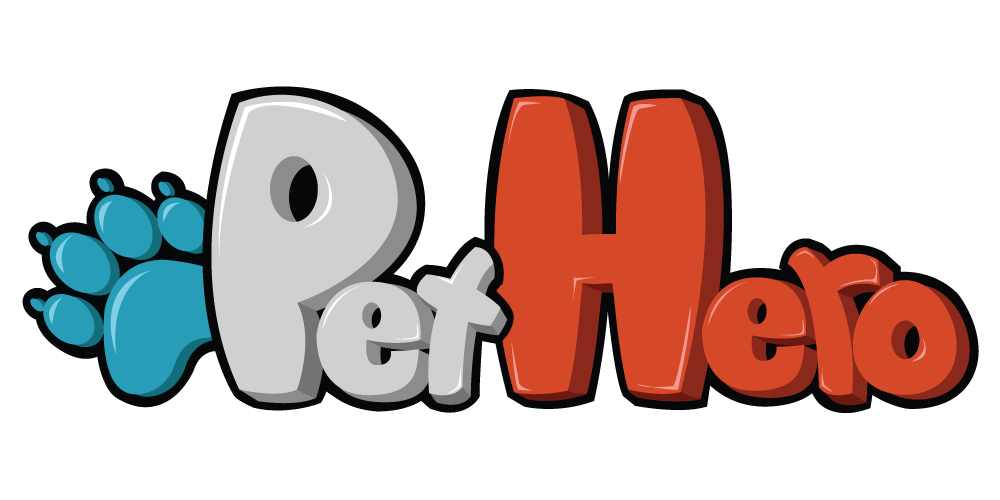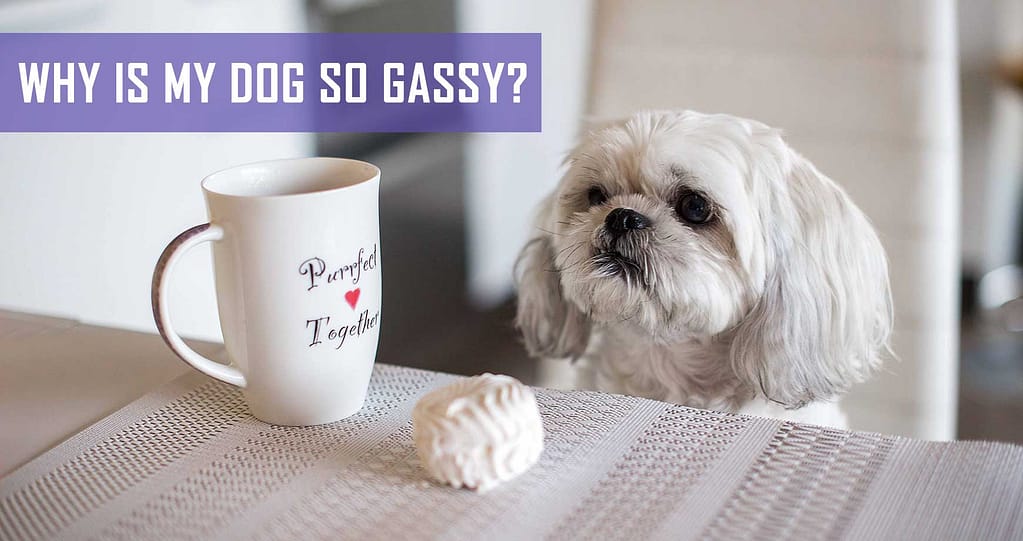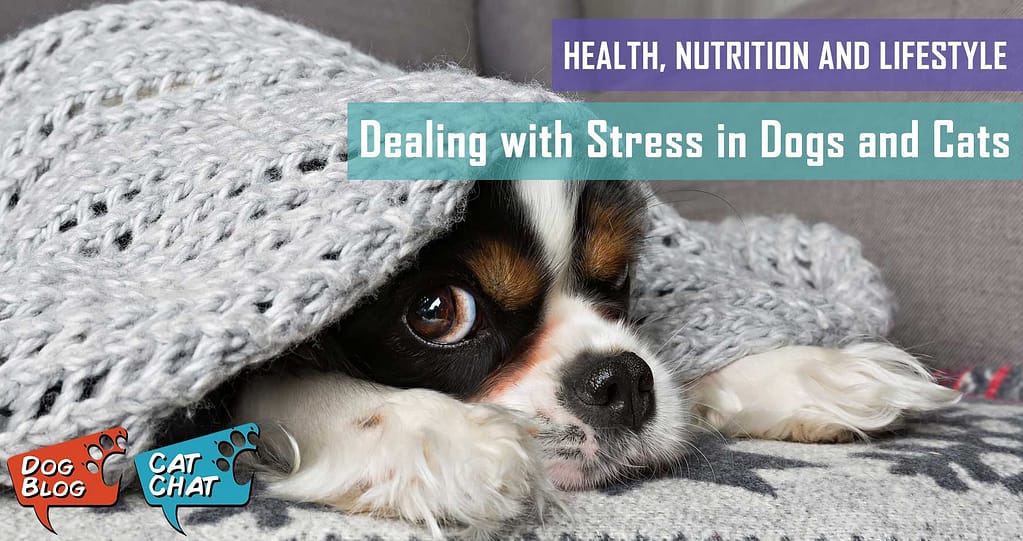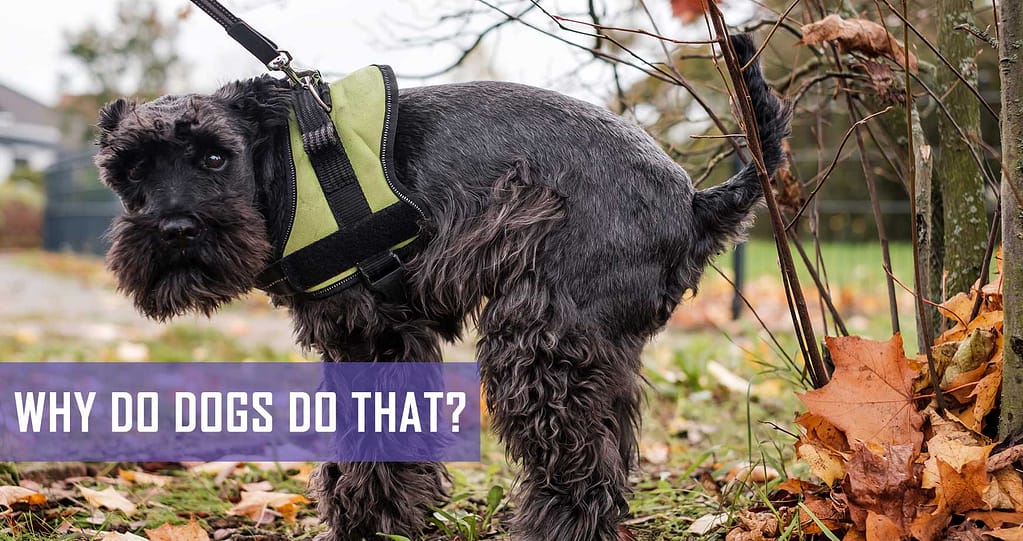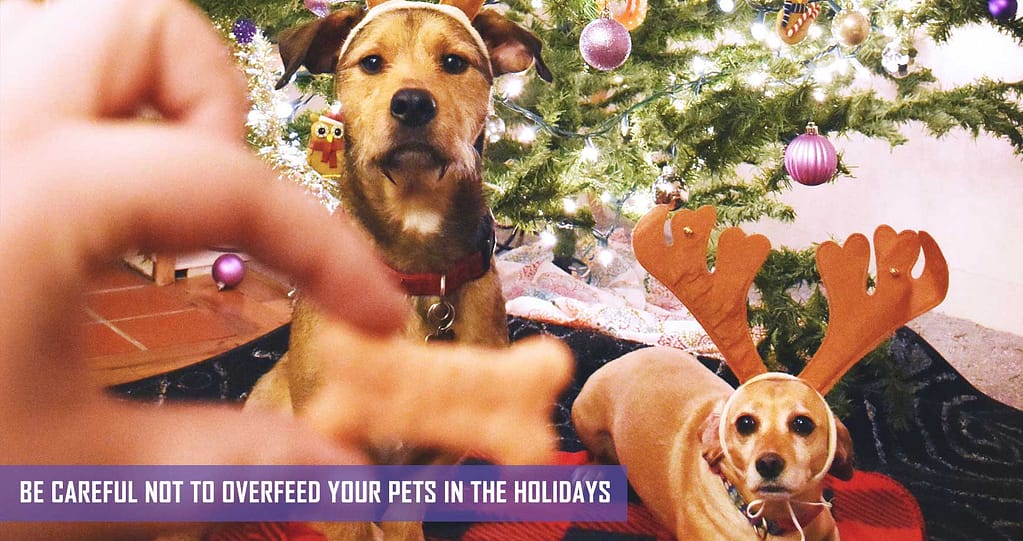Some dogs are notoriously noxious farters, while others may release silent-but-deadly clouds of room-clearing gas without warning. There are many reasons why your bulldog, beagle, shepherd or mixed mutt could become a little tooty – some we can giggle at while opening all the windows, while others do need medical attention and a change in diet. Close your nose and let’s have a look:
1. He’s got the farting genes
It’s not that some breeds are genetically more prone to gas than others, but that their flat faces and narrowed nostrils force them to mouth-breathe. Flat-faced (or brachycephalic) dogs like bulldogs, boxers, toy spaniels, Boston terriers, pugs, Pekes, shih tzus, chihuahuas and bull mastiffs are some of these breeds. They swallow a lot of air when they eat, which is a causative factor for gaseous emissions. What goes in… must come out.
Dogs who are fast, voracious eaters suffer from the same problem. Fast eaters not only swallow a lot of air while inhaling their food, but they also don’t chew their food very well. The additional air in their digestive tract along with food that isn’t broken down easily because it hasn’t been chewed, cause more gas than is otherwise normal. Fortunately the solution to slow down your Speedy Gonzalez is to either put a tennis ball in his food bowl or opt for one of these specially designed slow feeders to help him appreciate his gourmet meals.
2. Sudden, loud, frequent farts
If your otherwise healthy dog suddenly becomes a parpy puppy, it must be something he ate. Like people, dogs don’t always tolerate just any old foodstuff, especially if they’re not used to it. Dogs (and cats for that matter) are lactose intolerant, so they shouldn’t eat dairy products. If Chico got into the garbage, the cheese or yoghurt by accident, he’ll just have to fart it off gradually, but keep an eye on his brown lawn ornaments just in case there’s a more serious problem.
Table scraps that are high in fat, or spicy foods, should also be avoided. If you cannot resist your dog’s ‘hungry eyes’, then rather buy him some tasty dog treats that are designed to keep his digestive rumblings under control.
If you’re really worried about your dog’s digestive health, ask your vet for a dog-friendly probiotic or digestive enzymes to help him better digest his food.
3. Long-term problem farts
It would be no coincidence that your beagle turns into a bugle a day or two after you change his food brand or type. Dog foods that rely on plant-based proteins or vegetables as substantial kibble fillers may be more fibrous and more difficult for your dog to digest. These plant products – like soy, peas, beans, as well as artificial ingredients – can start to ferment in your dog’s gut, causing some wonderfully pungent emissions.
The best way to curb this problem? Buy a high-quality, highly digestible diet with a good balance of readily available proteins and good quality grains. On the note of grains: Some dogs are also sensitive to grain products, so it really depends on your dog’s own digestive profile and what he can tolerate.
Ask your vet for help and adjust your dog’s diet until you find the right dog food that doesn’t upset his tummy… or your social reputation.
4. Medical intervention
If your dog’s gassy tummy is accompanied by:
- diarrhoea
- vomiting
- abdominal distension
- symptoms of pain
- gurgling and other sounds in your dog’s abdomen
- weight loss
… then it’s time for a vet visit to rule out any more serious issues.
Your vet will ask you about your dog’s diet and when symptoms began, so keep a record of his condition and symptoms in as much detail as possible. Your vet could also perform any number of tests like blood tests, x-rays or abdominal ultrasound, a dog faecal test (he might ask you to bring in a sample, so be prepared) and a general check-up. Excessive gas could be just one symptom of any number of doggy diseases, so work with your vet to rule them all out.
5. Keeping the farts at bay
If your vet gives your pungent pup the all-clear, he’s on a new diet, and he’s slowed down his eating, but he’s still got more jazz than Miles Davis, there are a couple of additional steps you can take.
- Keep your furry friend’s weight under control. Round tummies are more likely to have backfiring exhaust pipes, so when your dog’s diet is a better quality and he eats less of it, it should bring some of his gas under control.
- Feed smaller meals. Break down your dog’s diet into smaller portions spread out throughout the day. If those farts are caused by digestive ills, then smaller, regular portions will make digestion easier.
- Keep him moving! Exercise in dogs has the same effect as exercise in humans: it keeps them regular. Physical health = digestive efficiency, so the better things are moving along in his gut, the less gas build-up there will be. Besides, if you’re outside and exercising when Buster lets one rip, all you have to do is make sure you’re not downwind!
